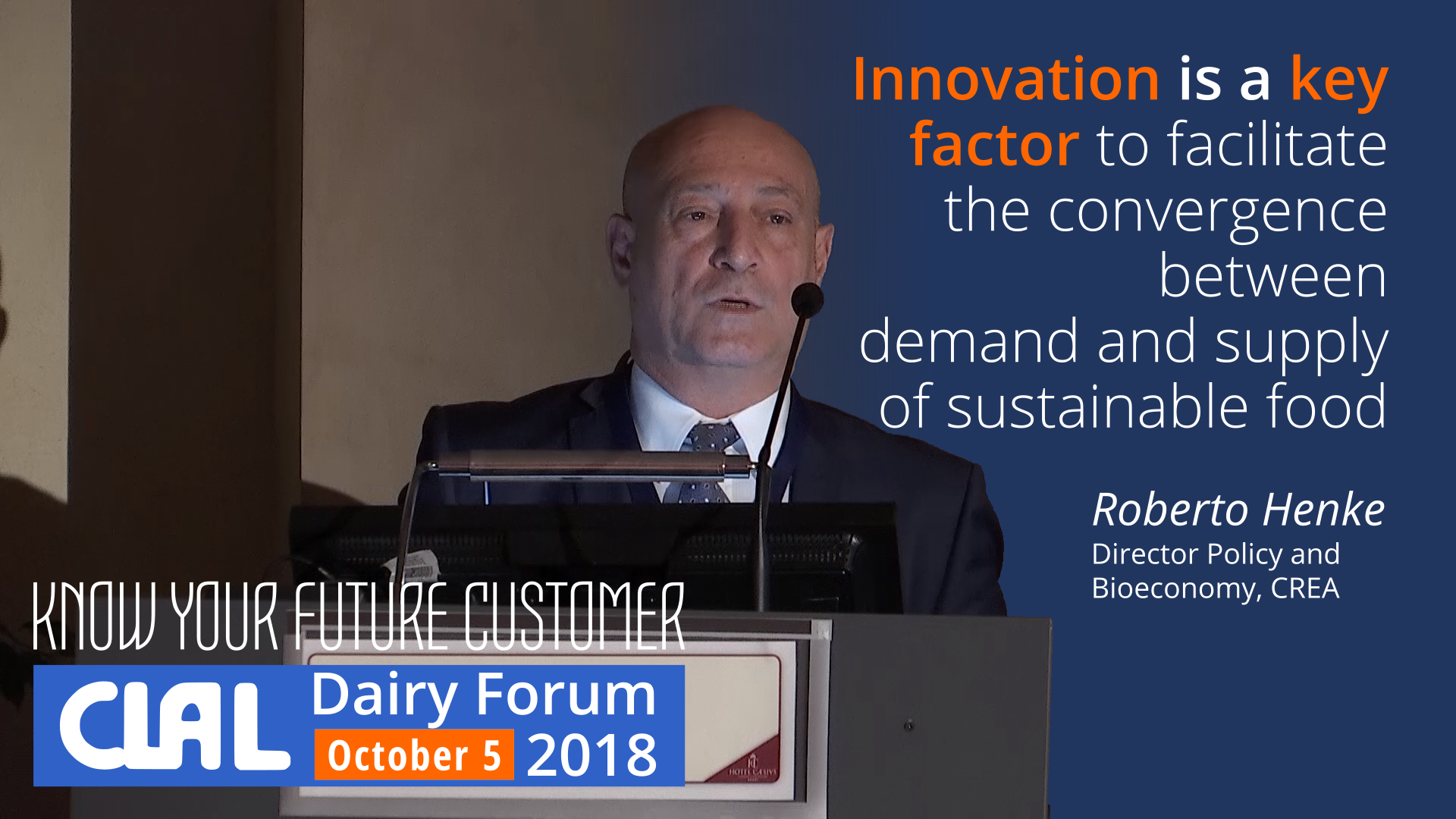Next year (2020), the United Nations sponsored Paris Agreement will come into effect. It sets out to reduce the emissions of greenhouse gases and to fulfil a longer-term objective of curbing the rise in global temperatures.
European Union has then outlined plans for plastics in a circular economy.
The strategy aims:
- to rethink and improve the complex value chain of the plastics industry,
- to call plastics producers, food makers, retailers and consumers to co-operate in a more responsible utilisation of plastics to meet 2030 sustainable development goals.
There are some big numbers involved here: grocery retailers only generate 900.000 tonnes of plastic packaging per year in each of the major European countries.
Plastic packaging contributes 400 million tonnes of CO2 to the atmosphere per year…
… but it protects food and reduces food waste
The global greenhouse gas emissions from food waste are estimated at between 2.7 and 3.3 giga tonnes a year, accounting for 8 percent of all greenhouse gases.
Doing away with all the plastics which protect our food from damage and deterioration would have negative consequences as poorly protected food would lead to more food waste and a disproportionate increase in greenhouse gases.
Recycling of plastics is an important goal that requires support from multiple parties
An increase in reusable plastics is also important but obviously again requires support from multiple parties. However, quicker wins can be achieved, which also have a significant impact on the environment, by reviewing the type of plastic packing that is adopted.
Retailers and manufacturers can adopt innovative packaging solutions
Since sustainability is no longer a nice-to-have for the food industry but a business imperative, let’s focus on packaging solutions that support the circular economy’s 3 pillars: Reduce, Reuse, Recycle.
Source: Sealed Air






